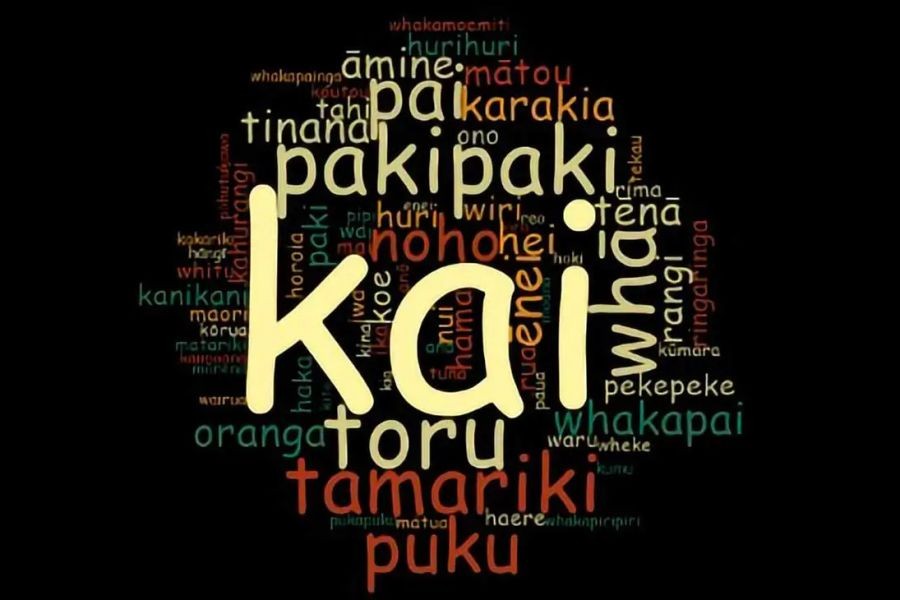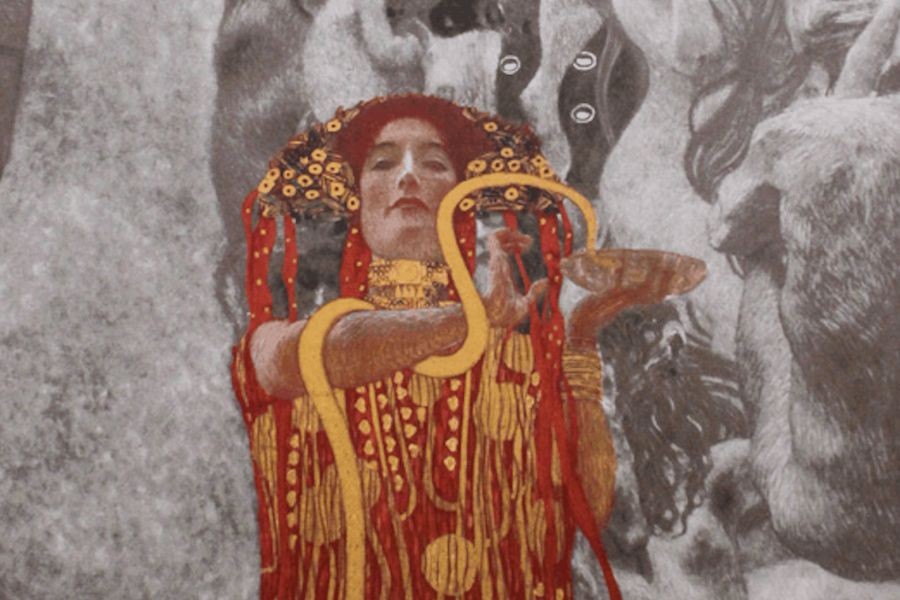Preserving the rich tapestry of Maori culture is not only a cultural imperative but also a strategic necessity for New Zealand's identity and economy. As the real estate industry in New Zealand continues to evolve, there is a growing recognition of the importance of integrating Maori cultural preservation into our land development strategies. This article delves into five impactful ways to promote the preservation of Maori culture, drawing on both local contexts and global parallels to offer actionable insights for real estate experts and stakeholders.
Understanding the Importance of Maori Cultural Preservation
The Maori culture is a cornerstone of New Zealand's national identity, contributing significantly to the country's social fabric and economic appeal. According to Statistics New Zealand, the Maori population is projected to grow by 11% by 2038, emphasizing the need to ensure their cultural heritage is safeguarded. Preservation efforts are not just about maintaining traditions—they are about fostering a sense of belonging and community, which in turn supports economic growth and stability.
1. Incorporating Maori Design Principles in Real Estate
One of the most effective ways to preserve Maori culture is through the incorporation of traditional design principles into new developments. This approach not only honors Maori heritage but also enhances the aesthetic and cultural value of properties. The concept of whakapapa (genealogy) can be integrated into architectural designs, creating spaces that reflect the interconnectedness of people and place.
Real-World Example: The Te Uru Taumatua headquarters in Taneatua, designed by Jasmax, incorporates Maori values and sustainable building practices, serving as a benchmark for culturally informed architecture.
2. Supporting Maori-Owned Businesses
Investing in Maori-owned businesses is a tangible way for the real estate industry to support cultural preservation. By empowering Maori entrepreneurs, we can foster economic growth within their communities, ensuring that cultural practices and knowledge are passed down through generations.
Case Study: Maori tourism enterprises, such as Tamaki Maori Village, have successfully combined cultural education with business, offering authentic experiences that support both preservation and economic development.
3. Engaging in Collaborative Partnerships
Building partnerships with Maori communities and organizations is crucial for effective cultural preservation. Collaborative efforts ensure that development projects respect and integrate Maori values and perspectives.
Industry Insight: The New Zealand government’s Treaty of Waitangi settlements have paved the way for increased collaboration between iwi and developers, highlighting the importance of partnership-driven approaches.
4. Educating Stakeholders on Maori Culture
Education is a powerful tool for cultural preservation. By providing educational programs and resources, real estate stakeholders can better understand and appreciate Maori culture, leading to more culturally sensitive and inclusive developments.
Example: Ngāi Tahu Property offers cultural competency training for its staff, ensuring that their projects align with Maori values and expectations.
5. Leveraging Technology for Cultural Storytelling
Technology offers innovative ways to preserve and share Maori culture. Virtual reality tours, interactive apps, and digital archives can bring Maori stories and traditions to a wider audience, ensuring their longevity.
Global Perspective: The Smithsonian Institution’s use of VR to showcase indigenous cultures can be adapted for Maori cultural preservation, offering immersive experiences that educate and engage users globally.
Balancing Cultural Preservation with Economic Development
While cultural preservation is crucial, it must be balanced with economic development to ensure sustainability. Real estate experts must navigate the complexities of integrating cultural values into development projects without compromising economic viability.
Pros:
- Enhanced community relations and trust
- Increased property and tourism value
- Support for sustainable development goals
Cons:
- Potential for increased project costs
- Challenges in aligning diverse stakeholder interests
- Risk of cultural commodification
Debunking Common Myths about Maori Cultural Preservation
Myth: Maori cultural preservation hinders economic development.
Reality: Research from the University of Auckland shows that integrating Maori cultural elements can enhance the economic value of projects by attracting both local and international interest.
Myth: Preserving Maori culture is solely the responsibility of Maori communities.
Reality: Cultural preservation requires collective effort from all sectors, including government, businesses, and individuals, to ensure meaningful and sustainable outcomes.
Future Trends and Predictions
Looking ahead, the intersection of technology, culture, and real estate offers exciting prospects for Maori cultural preservation. By 2030, it is predicted that 60% of new developments in New Zealand will incorporate Maori cultural elements, driven by increased awareness and demand for culturally sensitive designs.
Conclusion
The preservation of Maori culture is not just a cultural obligation but a strategic opportunity for the real estate industry in New Zealand. By embracing Maori design principles, supporting Maori businesses, fostering partnerships, educating stakeholders, and leveraging technology, we can create a future where economic development and cultural preservation go hand in hand.
Call to Action: How can you integrate Maori cultural elements into your next project? Share your ideas and join the conversation on preserving New Zealand’s rich cultural heritage!
People Also Ask
What are the benefits of incorporating Maori design principles in real estate?
Incorporating Maori design principles can enhance the cultural and economic value of properties, attract diverse clients, and foster community trust.
How can technology aid in the preservation of Maori culture?
Technology, such as VR and digital storytelling, can offer immersive experiences, facilitating wider access and understanding of Maori culture.
Related Search Queries
- Importance of Maori culture in New Zealand
- Maori cultural preservation strategies
- Real estate and Maori design principles
- Maori businesses in New Zealand
- Technology and cultural preservation


























toryavelar6155
9 months ago